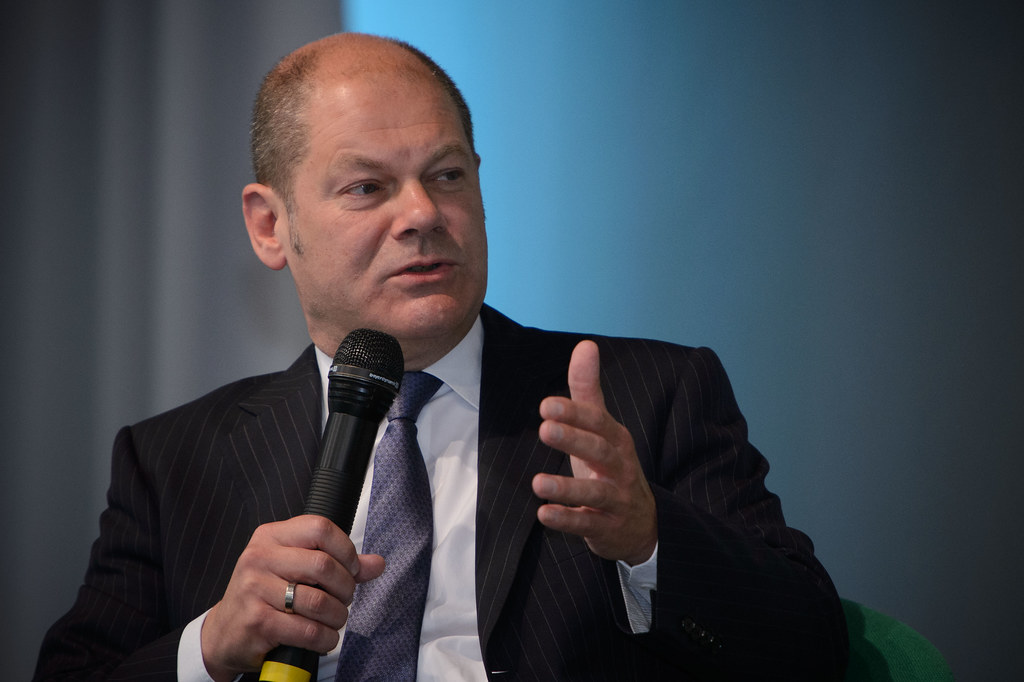KYIV (Parliament Politics Magazine) – On Friday, the European Union approved Ukraine as an official candidate for membership in the bloc, along with Moldova, marking a historic eastward shift in Europe’s vision brought about by Russia’s invasion.
In February, Ukraine sought to join the EU barely four days after Russian forces crossed its border. Followed suit four days later, Moldova and Georgia, two other ex-Soviet governments battling separatist territories seized by Russian forces,
Ukraine had clearly proved the country’s aspiration and willingness to live up to European ideals and norms, said Ursula von der Leyen, the EU’s executive Commission head in Brussels. She made the statement while dressed in Ukrainian national colours, a blue shirt with a yellow blazer over it.
At a summit next week, EU leaders are expected to support the decision. On Thursday, the leaders of the three largest European countries – France, Italy and Germany – paid a visit to Kyiv, together with Romania’s president.
After meeting with President Volodymyr Zelenskiy, Germany’s Olaf Scholz remarked, “Ukraine belongs to the European family.”
Ukraine and Moldova were recommended for candidate status by the Commission, but Georgia was held back since it needed to meet further standards first. Georgia has a good application, according to Von der Leyen, but it needs to come together politically. Setbacks in reforms there, according to a senior diplomat close to the process.
Ukraine and Moldova will still have to go through a lengthy process to meet the requirements for membership, and there are also other candidates in the queue. Membership is also not guaranteed; talks with Turkey, which has been a formal candidate since 1999, have been delayed for years.
However, opening the candidacy process, which would have appeared inconceivable only a few months ago, represents a shift comparable to the 1990s decision to welcome the ex-Communist countries of Eastern Europe.
Europe could make a new history of freedom precisely because of the bravery of the Ukrainians, Zelenskiy said in his nightly video address, and ultimately remove the grey zone in Eastern Europe between the EU and Russia.
Ukraine had gotten closer to the EU than at any other moment since independence, he remarked, hinting at positive news on the way.
Ukraine would be the EU’s largest country by area and fifth most populous if accepted. All three candidates are significantly poorer than any existing EU member, with per capita output roughly half that of Bulgaria, the poorest.
All of them have a recent history of tumultuous politics, domestic instability, entrenched organised crime, and unresolved conflicts with Russian-backed separatists declaring statehood over territory defended by Moscow’s forces.






